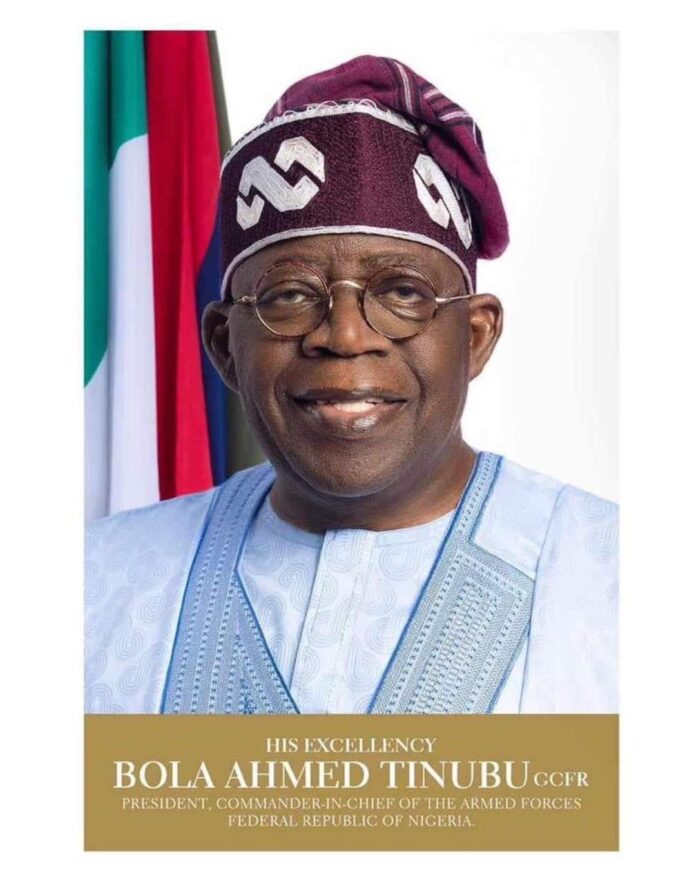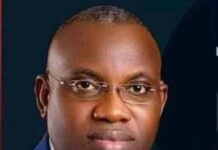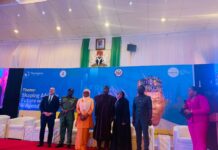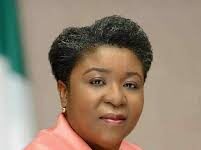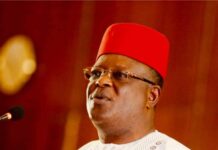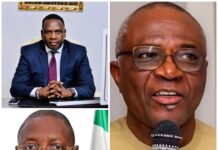First 100 Days: Issues that Gripped Nigeria’s Polity Under Tinubu
By Kabir Akintayo and Nafisat Bello
On May 29, 2023, President Ahmed Bola Tinubu was officially sworn in as the 5th democratically-elected leader of Nigeria, since the 4th Republic’s advent.
The President, in the interim, has taken some vital administrative decisions that became talking points for political pundits, for weeks and up till this material time.
Subsidy is Gone
But Tinubu’s bold decision to remove fuel subsidy was the first policy statement that jolted teeming Nigerians, while also heralding the dawn of his administration.
Fuel subsidy, according to economic experts, was a cankerworm that had deeply eaten into the fabric of the Nigerian economy. But while its removal by the federal government was applauded by economic experts and world leaders, the hasty decision to end it triggered economic turbulence, fueling the soaring inflation of the prices of goods and essential services, like transportation.
To douse the concern raised by citizens over their economic plights, the President Tinubu-led government, on 31 July, 2023, revealed that it had saved about N1 trillion, barely two months after the subsidy policy was reviewed.
Consequently, the federal government gave N5 billion each, to 36 States of the federation including FCT as FG intervention funds for palliative, as well as the release of five trucks of rice, each to the 36 state governors to mitigate the effects of the subsidy withdrawal.
Appointments, Sacking and Dissolution
Another area worthy of note was the redeployment of the erstwhile 62-year-old minister of sport and youth development, Mr. Abubakar Momoh.
Tinubu had first appointed Momoh as the minister of youth, but following a backlash from the public over the candidates’ age and a special report by POLITICS DIGEST, titled ‘Tinubu Appoints 62-Year-Old Minister of Youth’, he quickly reversed the appointment.
In addition, President Tinubu last Friday approved the immediate replacement of the Ondo State Representative at the Niger Delta Development Commission (NDDC) board, Mr. Victor Akinjo, and that of Cross River State Representative, Mr. Asi Oku Okang.
Presidential spokesman Ajuri Ngelale announced the appointment of the new board members of the commission, which featured the names aforementioned, but this led to a public upheaval in those states.
While in Ondo, the APC chairman, Mr Ade Adetimehin, described the appointment of Akinjo as a case of “Monkey dey work, Baboon dey chop” scenario.
Read Also:
In Cross River, protesters hit the streets, saying they would not accept a member of Peoples Democratic Party (PDP) taking a position that should have ordinarily gone to an APC member. Governor Bassey Otu had assured them that the president would act on their complaints, 3 days later, Tinubu announced changes of the nominees from both states.
Embarrassing Subsidy Palliative to Poor Nigerians
Initially, the federal government announced that N8,000 will be distributed to the poorest of the poor in the country to cushion the effect of fuel subsidy removal. However, this decision didn’t go down well with the public, thus forcing the Tinubu government to review the cash transfer programme.
The government alleged that there were too many misconceptions and criticisms regarding cash transfer as palliative.
Axing Emefiele and Suspending EFCC’s Bawa
President Tinubu, a few weeks after assuming office, removed the Central Bank of Nigeria (CBN) governor, Godwin Emiefele, who was accused of illegal possession of firearms and corruption.
On the other hand, the suspension of Abdulrasheed Bawa, the immediate-past chairman of the Economic and Financial Crime Commission (EFCC) was over alleged abuse of office.
Disbanding of FG Agencies’ Boards
Tinubu also dissolved the governing boards of all federal government parastatals, agencies, institutions and government-owned companies.
Bills Signed into Laws
President Tinubu within his first 100 days in office signed four acts into law, which include the Judicial Officers’ Bill, the Electricity Act, Student Loan Act and Data Protection Law.
Forming a Govt of National Unity
Also, President Tinubu was able to reflect the federal character principle in the constitution of his cabinet. Femi Gbajabiamila from the South West was appointed his Chief of Staff, while George Akume from North Central was appointed Secretary to the Government of the Federation (SGF).
Appointment of New Ministers
The recently-inaugurated Federal Executive Council, headed by President Tinubu, is composed of 48 Ministers, with an additional 10 new Ministries created.
They include: Marine and Blue Economy, Tourism, Culture, Art and Creative Economy, Gas Resources, Steel Development, Finance and Economy, Health and Social Welfare, Aviation and Aerospace Development, Youth Development, Humanitarian Affairs and Poverty Alleviation.
Last Line
Though President Tinubu inherited a crippled and damaged economy, with high inflation, and weak naira, among other fiscal challenges, he has taken some deliberate actions and steps towards rejigging it.
Opinions about his performance in the last 100 days may be diverse. But truth be told, the Tinubu administration still has a lot of work to do. Particularly as it concerns turning around the wretched conditions of teeming Nigerians.

